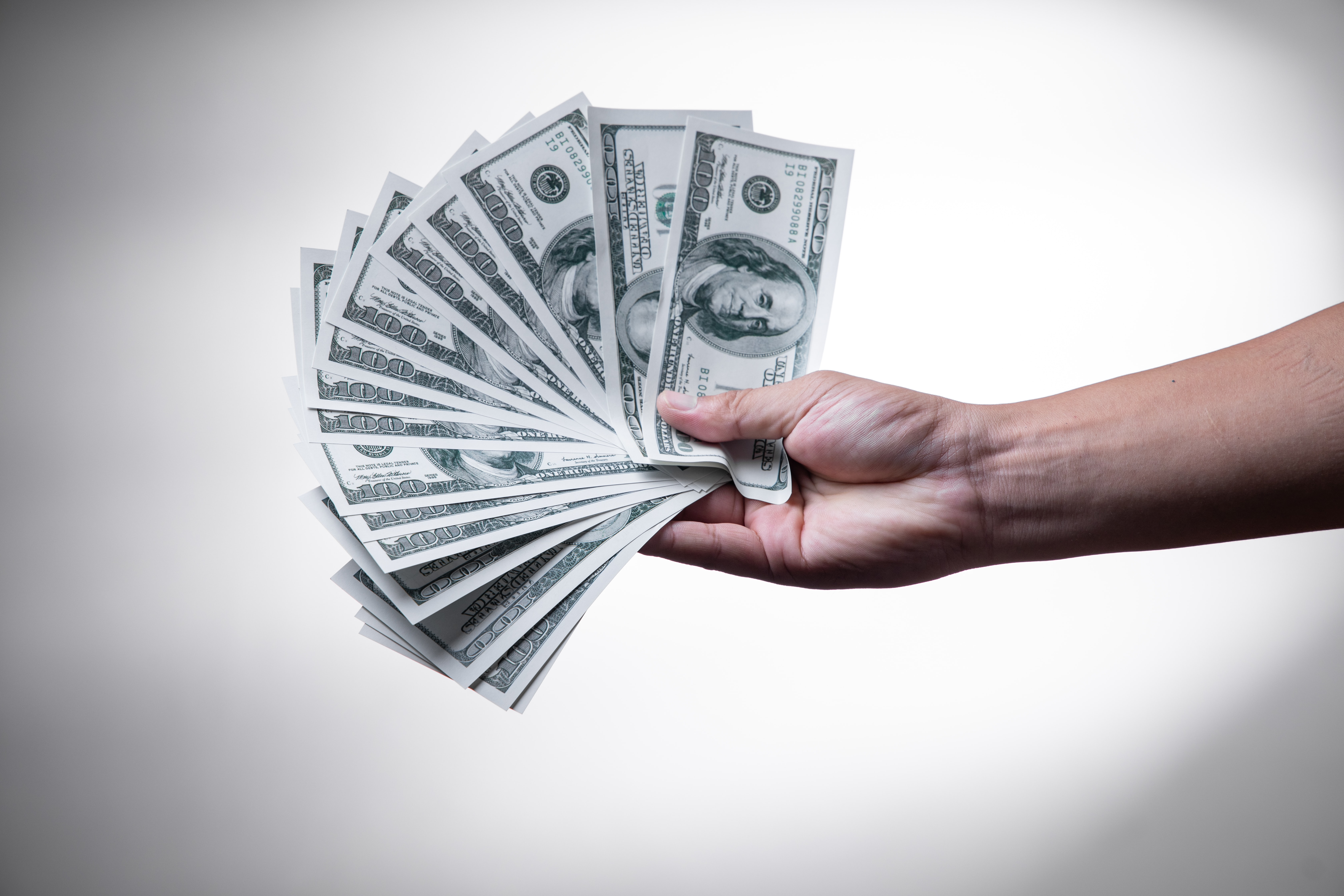 Acknowledging employees for their achievements, contributions, or commitment to the company is a powerful motivator for continued performance. Many companies use incentive bonuses as part of their overall reward program, or as a way of getting an instant boost to employee performance.
Acknowledging employees for their achievements, contributions, or commitment to the company is a powerful motivator for continued performance. Many companies use incentive bonuses as part of their overall reward program, or as a way of getting an instant boost to employee performance.
However, one size doesn't fit all when it comes to rewards. Having a choice helps boost employee creativity, according to a Journal of Applied Psychology study. When employees could choose their rewards, it increased the number of creative ideas employees generated. But rewards that were about helping others, such as donating money to a charity, lowered creativity for less creative employees.
Findings of the study raised questions about how managers or business owners have addressed incentives with their employees, what works and what doesn’t, and why helping others might lower creativity.
Willie Greer, founder of The Product Analyst, says monetary compensation is one of the best ways to boost productivity in the workplace. However, he also suggests that managers get creative with other creative forms of incentives as well. He talks about the importance of time and how employees have to sacrifice personal endeavors for their jobs. Greer makes it a point to offer his employees time off as incentives. “Some employees aren't always thrilled with the idea of monetary compensation, but the privilege to get paid leave and choose your holidays to spend an extra moment with your family is enticing, especially to parents. It can boost creativity too as this is an incentive that cannot be bought or acquired on the outside,” he adds.
Thomas Vibe, founder of StoneWizards, agrees on the effectiveness of monetary incentives. Over the years of his experience as a manager, he noticed that his employees appreciate monetary rewards the most. He considers monetary rewards effective since they are tangible. On the other hand, he explains that “tying up incentives with charitable works may lower creativity because it takes time for employees to align this goal with their personal goals.” He notes that it is natural for people to only care about issues that directly affect them.
Ethan Taub, CEO and founder of Creditry, has a different view on monetary compensations. He notes that managers should look for other ways to incentivize their employees, as monetary compensations often hinder creativity. Referencing his own experiences, he says that “incentives such as a field trip or office party encourages employees to interact in a fun and creative environment, often sparking innovations that usually begin as fantasies or even jokes.” He adds that it is important to “consider the personal connection employees may have with individual charities and donate on their behalf,” and possibly even give them an option to opt out.
Nicholas R. Fernandes, founder of Memmzy, says that the U.S. school system’s obsession with rewarding every child who takes part in a sport or activity has created an expectation of instant gratification. He notes that an open communication with his employees can go a long way in ensuring that they get what they want. “Having incentives motivates the employees. I give gift cards to the best performing employee of the month and we recognize them in our monthly internal employee letter,” he adds. He believes this boosts morale. He believes charity work negatively affects creativity because it does not directly recognize the employee. “The employee feels left out. A smarter way of doing it would be if the company donates to the employees’ choice of organization and in their name, giving them the spotlight,” said Fernandes.
“I have always offered a range of employee incentive rewards, but not for the purposes of generating employee creativity,” says John Ross, CEO of Test Prep Insight. He argues that the impact of certain incentives tends to vary from person to person with only some thrilled by cash incentives. He also agrees with the study findings that rewards tend to boost employee creativity. “When employees have an array of incentives to choose from, I think this lifts their self-esteem. They feel more optimistic about their chances of collecting a reward, and this boost in confidence leads to increased creativity,” he adds.
Our experts agree that incentives are an excellent way to drive employees' performance when the circumstances are right. However, they also feel it's important for employers to consider individual preferences before implementing rewards because one-size does not fit all.
Tina Arnoldi, MA is a marketing consultant and freelance writer in Charleston SC. Learn more about her and connect at TinaArnoldi.com